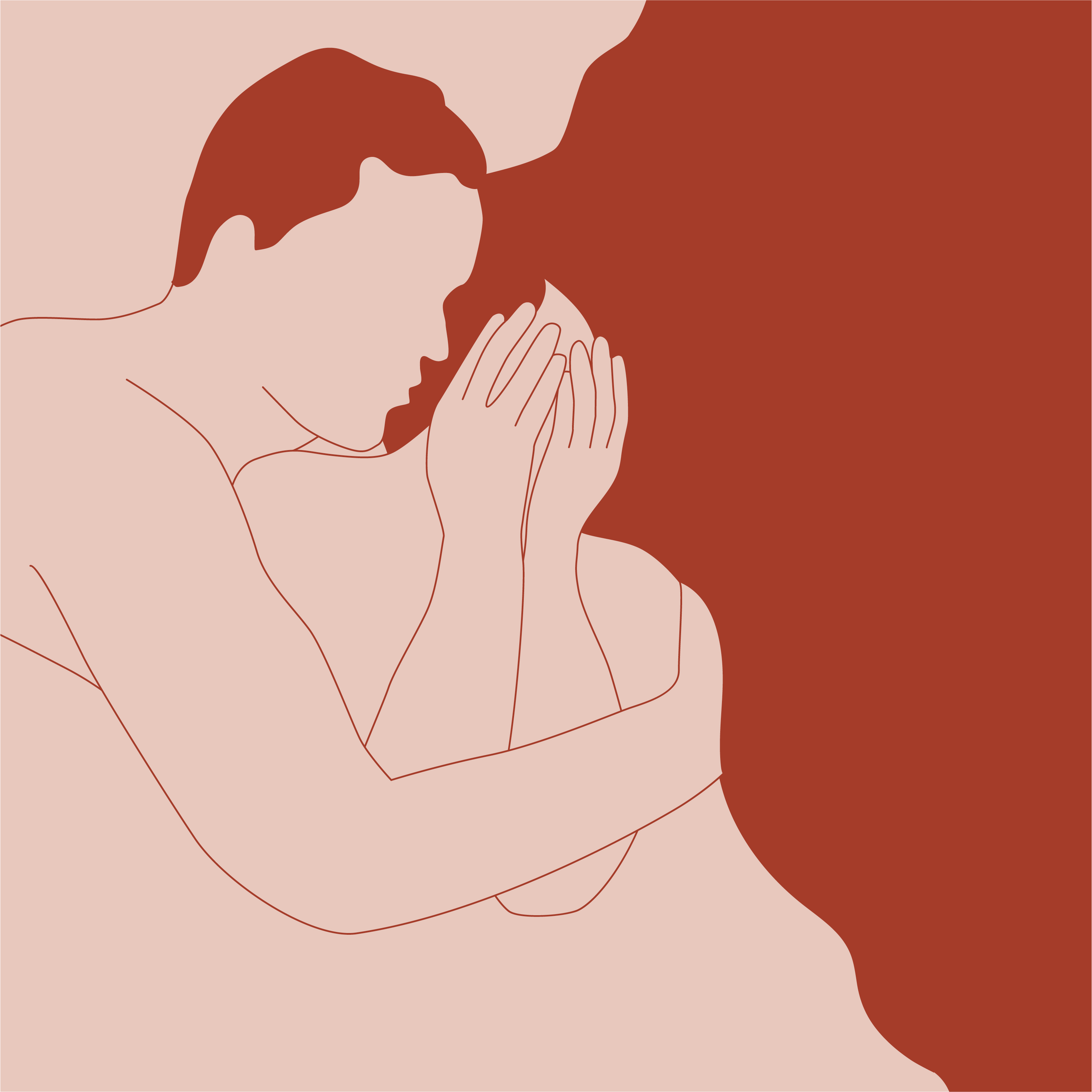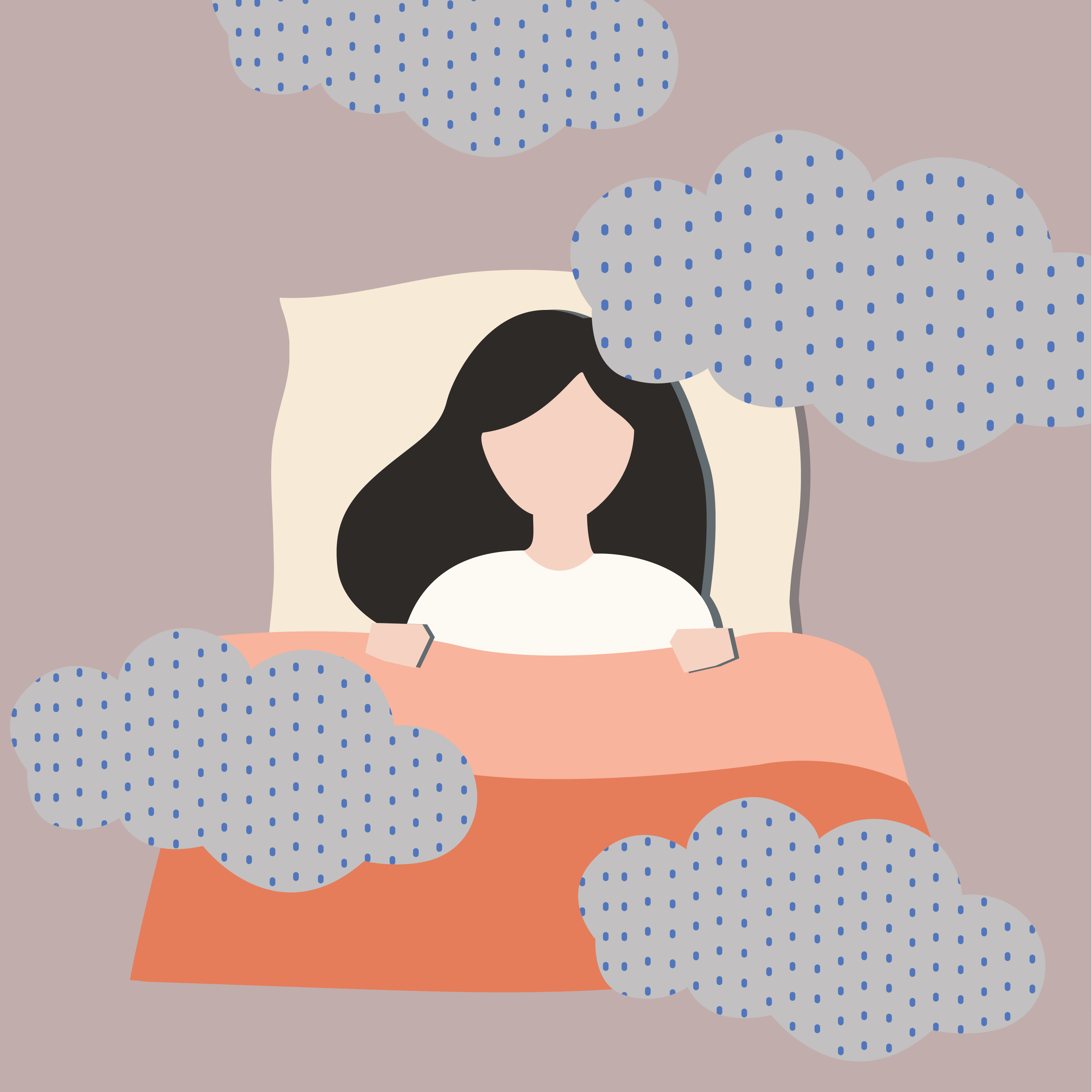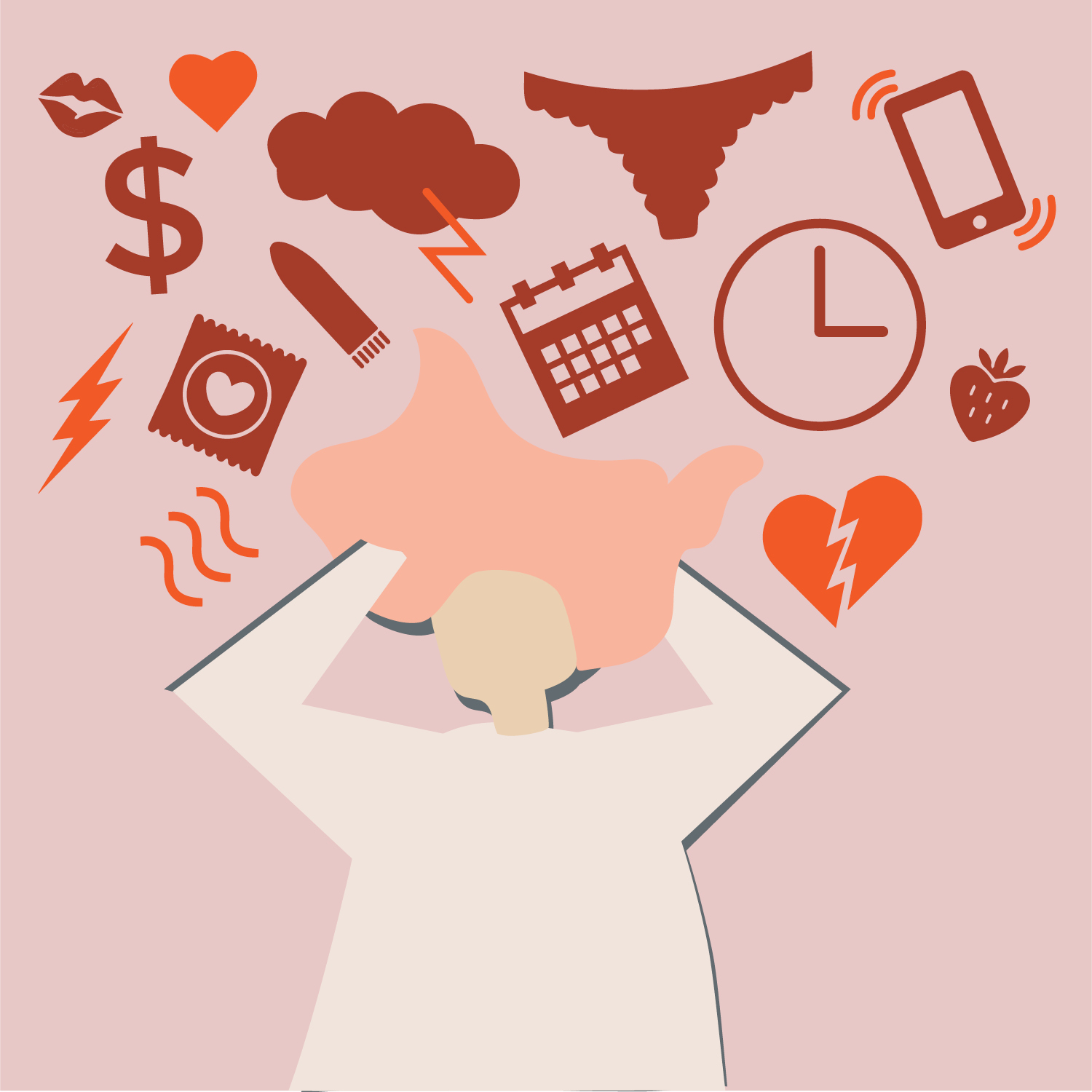Jun 21, 2022
OPTIMISING FOOD FOR CYCLE AND HORMONE HEALTH WITH NUTRITIONIST CARLA JOHNSON
By Sabina McKenna
I find myself caught off guard every month when I am suddenly unable to control what and how much I feel like eating. Of course, periods and cravings go hand in hand, but I only ever remember this after the fact; when the bleeding begins and my appetite starts to subside. After years of observing this correlation, I learned that our diets can affect our hormones and vice versa. But I was curious to find out exactly how much, especially in terms of each stage of the menstrual cycle - not just during PMS.
Seeking an expert opinion, I reached out to nutritionist Carla Johnson, who specialises in managing women’s health through dietetics and has over 10 years experience in public health sectors. After studying she found herself reflecting on her upbringing, and the wonderful connection she and her family had to food, in her Chinese-Australian and Italian-Australian household.
She noticed that a healthy and joyful connection to food is something that was largely absent for the clients she was working with. Body image and the pervasive culture of restrictive eating meant that people were generally out of touch with how food was making them feel, let alone how that impacts their monthly cycles. Re-building that connection became the central focus of Carla’s practice.
‘Talking to adult women they’re often like: I just get my period and move on with life. But when you start to think about it and understand it. It's so much more empowering to realise what you can do even if it’s just doing some self-care and taking some time out’, she explains. ‘So now I work with women to help them reconnect and build body trust, by looking at ways to nourish themselves with food that makes them feel good, and trust in those feelings for intuitive eating.’
Sharing my personal experience of body-food disconnect and feeling ambushed by increased cravings and appetite every month, Carla confirmed that our cravings and needs for certain food groups are very heavily influenced by what our bodies are going through at each stage of our cycle, but also that it will be different for every person who menstruates. She walked me through her food recommendations for each phase, comparing with my food diary and the typical hormonal changes that occur throughout our cycle.
Phase one: Menstruation ‘Winter’ (Day 1-5).
Focus on iron-rich comforting foods and avoid stimulants to reduce stress.
‘At this point in time all our reproductive hormones are at their lowest. It's referred to sometimes as the body's winter - a time of hibernation and healing. So, from a nutrition perspective it's a really good time to be eating iron rich foods to replenish from blood loss.
Also eat omega threes, because fatty acids have anti-inflammatory properties, which can help with period pain. I also recommend reducing caffeine and replacing it with things like herbal teas like chamomile, peppermint or lemongrass for stress relief.
Phase two: Follicular Phase ‘Spring’ (Day 6-14) and Phase Three: Ovulation ‘Summer’ (Day 15-17).
‘The Follicular phase is the rebuilding and regeneration phase when the process starts again.
We start to get rising levels of estrogen which starts building up to ovulation halfway through the cycle. Generally, it's about a well-balanced nutrition intake - just making sure you've got a really good mix of carbohydrates, proteins, fats, healthy fats - sensible eating with lots of diversity, to maximise micronutrients. Be sure to eat enough too, for women who either aren't menstruating or who have irregular periods, the biggest factor is under fuelling. If there's not enough energy in the body the body can't do its job properly and begins to sacrifice cycling and the reproductive system.’
Aiming for well balanced meals that include a mix of quality carbs, lean proteins, fiber and healthy fats. Include lots of colour and diversity in fruits and vegetables (antioxidants, vitamins & minerals). Energy sufficiency is key here to support menstruation - enough energy to sustain hormone balance and ability to support an embryo and new life.
Phase Four: Luteal Phase ‘Autumn’ (Days 18-28)
This is the time where progesterone starts to increase because the body is waiting for the egg to be fertilised and then toward the end of that, if we aren’t pregnant our progesterone levels drop which triggers PMS and eventually bleeding again.
Aim for regular meals that are low GI with lots of fiber and high-quality carbohydrates such as brown rice, quinoa, dense wholegrain bread and sweet potato to help stabilise blood sugar levels. This will support even energy levels, reduce fatigue and help with sugar cravings.
Recipes for each season
- Winter: Steak and Warm Bean Salad & Dukkah Salmon & Avo Smash
- Spring & Summer: Roast Veg Couscous Salad
- Autumn: Burrito Bowl & Bliss Balls
Learn more about Carla’s work over at The Nutrition Circle and to find more recipes.
Blogs

Jun 08, 2022
EXPLORING PERIOD CARE IN CULTURES AROUND THE WORLD
Our TOM Talks panelist Sabina McKenna explores how different cultures around the world approach period care.
Read More
Jun 08, 2022
STOP APOLOGISING FOR HAVING YOUR PERIOD
Our TOM Talks panelist Mel Mason talks about the importance of not apologising for having your period.
Read More
Jun 07, 2022
STRESSED? NOT SLEEPING? TRYING TO CONCEIVE?
TOM Talk's panelist Georgia Hartmann discussed the links between stress, sleep and fertility.
Read More
Jun 07, 2022
STRESS AND HOW IT AFFECTS YOUR SEX DRIVE
Certified sex coach Georgia Grace is here to unpack the link between stress and sex.
Read More